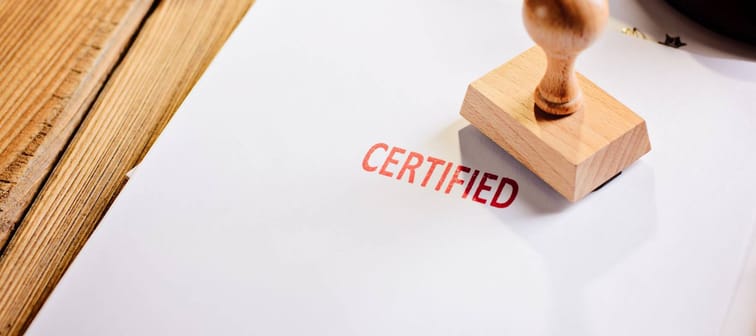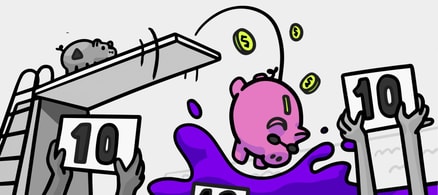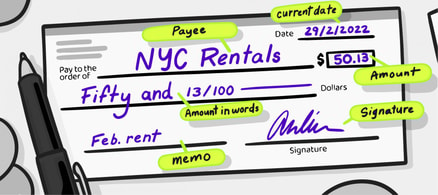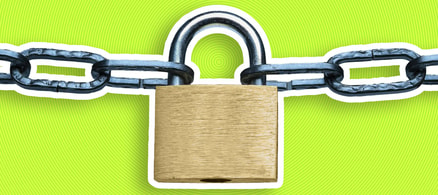What is a certified check?
A certified check (also known as a bank certified check) is a personal check that has been given the bank’s stamp of approval. The financial institution is essentially certifying that you have enough money to cover the amount on the check.
If the funds are in order, you will be issued a certified check and the money to cover the check will be put aside. Once the check has been issued, you won’t be able to use those funds for any other transaction.
When a recipient sees a certified check, he or she can be confident that the payment will go through without a problem once the check is deposited.
Streamline your debt repayment
Having a single loan to pay off makes it easier to manage your payments, and you can often get a better interest rate than what you might be paying on credit cards and car loans.
Fiona is an online marketplace offering personalized loan options based on your unique financial situation.
When you consolidate your debt with a personal loan through Fiona, you can roll your payments into one monthly installment. Find a lower interest rate and pay down your debt faster with Fiona today.
Find your rateHow to get a bank certified check
To get a certified check, go to your bank branch and request one from a bank teller. The teller will then look at your account and confirm that you have sufficient funds to cover the check.
Next, the bank employee verifies your identity and your signature, and earmarks in your account the amount of money written on the check.
The teller also may indicate on the check any special conditions, such as how long the check will be valid or how soon the full funds will be available once the check is deposited.
Once these basics are confirmed, you can fill in the check at the counter, as you normally write a check.
Finally, the bank teller will place a stamp, signature or other mark on the check to show that the institution has verified the funds.
Some banks charge a fee while others offer certified bank checks for free to account holders. The fee can range from $10 to $15 or more, so make sure to ask beforehand.
Does a certified check clear immediately?
A certified check is a secure payment option — but the money may take a few days to appear in the recipient's account after the check has been deposited.
However, banks know that the funds for a certified check are readily available, so they typically release at least a portion of the money within one business day. This is especially likely to happen if the check is deposited in person at a bank teller window.
For most banks, the first $5,000 is usually accessible right away — however, banks may put a hold on larger amounts.
Stop overpaying for home insurance
Home insurance is an essential expense – one that can often be pricey. You can lower your monthly recurring expenses by finding a more economical alternative for home insurance.
SmartFinancial can help you do just that. SmartFinancial’s online marketplace of vetted home insurance providers allows you to quickly shop around for rates from the country’s top insurance companies, and ensure you’re paying the lowest price possible for your home insurance.
Explore better ratesCertified check vs. cashier's check
While a regular personal check may bounce if the account holder doesn’t have enough funds to cover it, certified checks don’t bounce — and neither do cashier’s checks. So, what’s the difference between a certified check and a cashier’s check?
A certified check carries a guarantee that the money is in your checking account. And when this check is deposited, that’s where the money comes from.
Meanwhile, a cashier’s check is paid directly from the bank. To get a cashier’s check, you pay the bank the amount that you want to go on the check. You can pay in cash or by asking a teller to transfer the required funds out of your bank account.
The teller prints a check in this amount, and it’s ready to be used by you. When the seller deposits the check, the funds are transferred directly from the bank.
Whether you pay someone using a certified or cashier’s check, the recipient knows that the transaction is guaranteed by the bank and that the check should clear.
Watch out for fraud
Sellers who accept certified checks as payment may think it’s impossible to fake such a secure transaction — but it’s not. Although you can usually trust certified and cashier’s checks, it’s important to make sure any check is legitimate.
Read the check carefully and look for things like typos and grammatical mistakes in the printed portion of the check — because bank-issued checks don’t have typos. Look closely at the bank’s logo, the spelling of the bank’s name and the colors used on the check. If anything seems unusual, don’t accept the check.
The best practice to avoid getting scammed is to call the bank and verify that there is a history of the transaction. Go directly to the bank’s official website and call one of the customer service numbers published online.
If there is any doubt about whether a check is valid, don’t deposit it. If it’s a bad check and it bounces, the bank will come back to you to collect any money that was withdrawn or spent, plus you’ll likely get hit with a fee.
Other alternatives to certified checks
Certified checks and cashier’s checks are two examples of guaranteed funds that have been verified by a bank. But there are other certified payment options sellers should accept.
Other equally trustworthy payment methods include wire transfers, money orders and cash that comes directly from a bank account.
As long as you and the recipient go through reputable sources, any certified payment should be guaranteed to go off without a hitch.
Sponsored
Follow These Steps if you Want to Retire Early
Secure your financial future with a tailored plan to maximize investments, navigate taxes, and retire comfortably.
Zoe Financial is an online platform that can match you with a network of vetted fiduciary advisors who are evaluated based on their credentials, education, experience, and pricing. The best part? - there is no fee to find an advisor.








